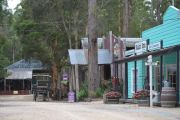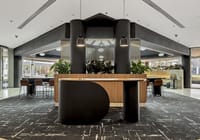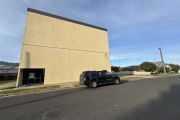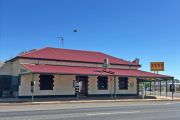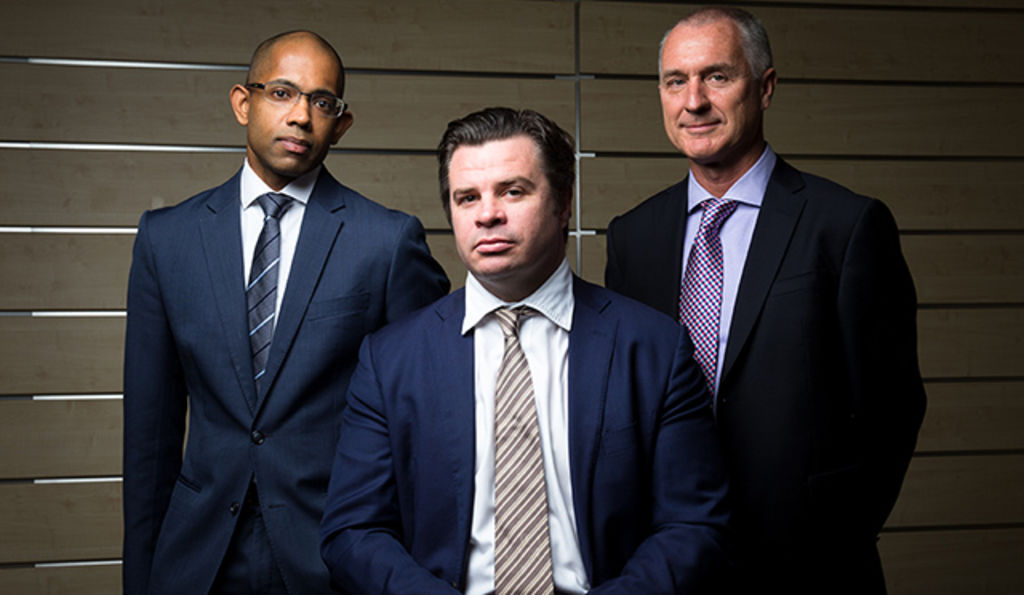
Fortius Funds likes the unloved, under-valued in real estate securities
A new global real estate fund has been set up to invest in “unloved and under-appreciated” stocks around the world including an Irish home builder and a Polish retail landlord.
The Sydney-based Fortius Funds Management has started the Fortius Global Value Fund in its Singapore office, and will be run by Fortius chief executive Nicholas Sproats, Ragavan Sivanesarajah and Dave Curran – all formerly of BT Funds Management.
“We will primarily be invested in under-loved, under-researched, newly listed, dismissed and under-appreciated opportunities around the globe,” Mr Sproats said. “This is typically where stocks trade at a discount.”
The fund managers have worked out that there are more than 5000 stocks globally with significant real estate assets or revenues derived from real estate.
They have used their own screening models to bring that number down to an active watchlist of about 150 stocks and then culled that down to 40 stocks in which they will invest.
The method of selection is certainly on the unusual side.
“While many institutional investors like the seemingly perfect and plentiful information that comes with large, historically successful companies, we are prepared to do the research to bridge the information gap with mid and smaller size companies and commensurately reap the rewards,” Fortius’ Dave Curran said.
“So when we are a little uncomfortable and away from consensus we know we are on the right track.”
The fund has no specific targets, but for the manager’s first long-only fund around $1.1 billion could be achieved.
Nick Sproats, son of legendary Sydney commercial property developer Ray Sproats, said he believed investing to a benchmark was “nonsensical” and that the only way to generate returns was to be concentrated in the best opportunities while being intensely detailed in knowledge of the workings of the companies.
“We target companies and REITS that have gearing levels below 40 per cent as when periods of price corrections occur, the entities with lower financial gearing hold their value substantially better, and conversely when asset prices are rising they have greater headroom to purchase good assets.”
Among the companies is Australia’s listed Mirvac Group, which Fortius likes because management has “deliberately avoided aggressive acquisitions” while focussing on projects that can be improved or repositioned. That is a “sensible use of capital”.
Fortius’ Ragavan Sivanesarajah said that despite the positive strategic moves, Mirvac continued to trade at a substantial discount “mainly due to its exposure to residential assets”.
The Fortius fund also likes Dublin developer Cairn Homes, despite the city having witnessed a 60 per cent plunge in house prices during the financial crisis.
“Currently Cairn Homes has little in the way of cash flows,” Mr Sivanesarajah said, “However, if we consider a few years out the business has the capacity to sell around 900-1000 homes per annum compared to 105 in 2016, having already secured the largest input cost, being land. Hence if we focus on its earnings and cash flows a few years out this is an undervalued business.”
The fund also likes central European-focussed, retail landlord Atrium European Real Estate, which Fortius said was trading at a valuation discount because of the “stigma with owning Russian assets”.
Although AERS’s Russian exposure is small and the company is unloved by the major brokerage houses, the fund managers said this added to “the right conditions for patient capital like ourselves.”
“We generally see value restored or ascribed over a two to five-year period and as such our fund will have a turnover of about 20-30 per cent, which means we will be adding only eight to 13 new stocks per annum,” Mr Sproats said.
“While we have a cut-off of $US100 million ($134 million) market capitalisation for invested stocks – we are avoiding the ‘penny dreadfuls’ – we are not afraid of limited liquidity stocks if we are comfortable with their underlying property assets and the cash-flow generation from them.”

